Occupational Therapy Darwin
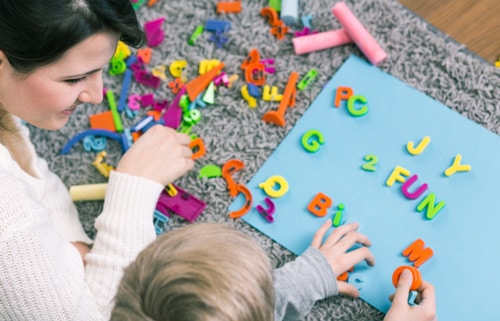
Occupational Therapy for Children
Occupational therapy focusses on people with physical, sensory and cognitive disabilities to help them be independent as much as possible.
A child’s occupation is mainly playing and learning, we evaluate and manage skills for playing, school performance and daily activities and manage these to cope developmentally with their age.
In these performance areas, our occupational therapists help improve their:
- physical,
- cognitive,
- sensory,
- motor skills,
- behaviour,
- social skills,
- self-esteem and
- sense of accomplishment.
In our Darwin & NT therapy locations, we specialise in:
Occupational Therapy for Adults
Occupational therapists working with adults provide intervention with the aim to improve, maintain or prevent loss of independence and function.
This can be completed through equipment provision, development of exercise programs and adaption with the practice of techniques.
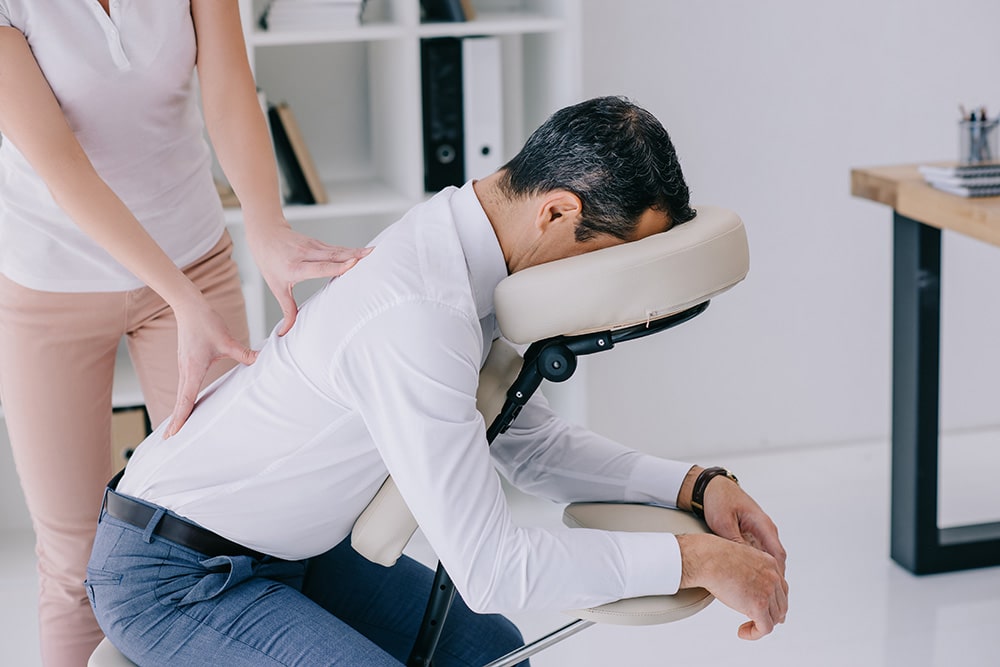
Occupational therapists cover a wide range of different conditions and are capable of providing interventions for:
- sensory,
- mental health,
- cognitive,
- social and
- physical limitation.
In Darwin, we can treat a mixture of different functional levels from independent to fully assisted within daily activities and work with a client-centred approach to therapy, to ensure the outcome is as meaningful as possible for our clients.
My specific areas of experience and training:
- Cognitive orientation to occupational performance approach (not certified however still able to use this approach)
- Fine motor & hand therapy principles (excludes splinting)
Astronaut Program
The vestibular system exists within the inner ear and is in charge of regulating our movements and spatial awareness. For individuals with deficit vestibular functioning, movement and understanding space can be difficult. The Astronaut Program aims to improve vestibular function by using a combination of movement, sound and sight to engage the auditory, vestibular and visual systems. It has been found to be beneficial to children with delayed motor development, attention deficits, autism and emotional problems.
Therapeutic Listening
Our auditory system works in tandem with all levels of brain function, therefore, how we listen impacts our physiology, behaviour and relationships with others. Therapeutic listening involves the stimulation of the auditory system through specially altered sounds. It functions to support individuals who experience difficulty with sensory processing, for example, difficulty communicating or responding to verbal directions.
Wilbarger Brushing Program
Used as part of sensory therapy, the Wilbarger Brushing Program involves gently brushing the skin with a small brush throughout the day. This is commonly used for those who struggle with sensory defensiveness and has been reported to improve tolerance for touch. Brushing starts at the arms and works down the body, avoiding the face, stomach and chest as these areas can be particularly sensitive.
Interactive Metronome
Interactive Metronome is a computer system designed to improve coordination, regulation and timing in children and adults. The programme encourages the user to synchronise their body movements to a computer-generated beat, providing visual and auditory feedback. It can be used to aid those with a sensory processing disorder, ADHD, down syndrome and cerebral palsy. It is also an effective therapy for adults following stroke, brain trauma, spinal cord injuries and amputations.
Cognitive Orientation to Daily Occupational Performance
This performance-based approach is designed to help those who struggle to perform certain motor skills, such as dressing, washing, cycling, swimming, writing and typing. CO-OP encourages the development of these motor skills through goal-setting and reflection and is a client-centred approach. It can be particularly useful for those with cerebral palsy.
DIR Floortime
Floortime involves the parent or therapist getting down to the child’s level to encourage emotional and intellectual development. It is particularly useful for those with autism and involves the adult following the child’s lead during play. Floortime can take place anywhere at any time of day and can be used to challenge the child’s development in a way that is comfortable for them.
Sensory Integration Approach
Sensory Integration Therapy uses play to change the way the brain reacts to external stimuli. For those with sensory processing disorders, touch, sight, sound and movement can be over or under-stimulating. The Sensory Integration Approach can encourage efficient processing of these stimuli, therefore allowing the individual to make better sense of the world around them. The therapy can involve activities that encourage movement, tactile touch, auditory processing and visual stimuli. Examples of sensory integration tools include weighted blankets, swings, white noise machines and lighting.
Developmental play approach
Used in early years education, the developmental play approach provides children with the foundations they need for healthy cognitive, social and physical development. This approach is particularly useful for children with learning needs, disabilities and trauma. Developmental play can also be used to identify areas where the child may need additional support, and how best to provide this.
FAQs
What is occupational therapy?
Occupational therapy helps adults and children to independently take part in activities including work or school, hobbies, and play.
What happens during occupational therapy?
Occupational therapy involves assessments to understand your limitations, plus advice, equipment, and techniques to help you do more.
How do I know if my child needs occupational therapy?
Your child may benefit if they have difficulty with physical activities or sensory difficulties.
What happens in an occupational therapy assessment?
We’ll look at factors including mobility, strength, and fine motor skills to determine your or your child’s needs.
Occupational Therapy Blogs
Read the articles below to learn more about occupational therapists, how to determine if you or your child needs occupational therapy and how it can help you.

What Is Neurodevelopmental Treatment (NDT) In Occupational Therapy?
There are lots of different therapeutic techniques performed by physiotherapists and occupational therapists to provide treatment for mobility issues. One of the more advanced therapies
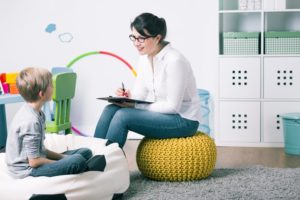
How To Know If Your Child Needs Therapy
It’s normal for children to experience social troubles, moodiness and emotional episodes throughout their development. However, where these experiences are coupled with personality changes or
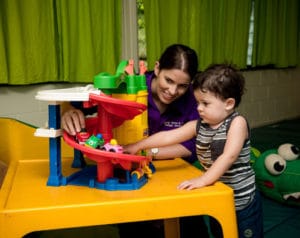
When Does A Child Need Occupational Therapy?
Children love to play and learn in the environment around them. They are happiest when they can connect with others and do things independently in
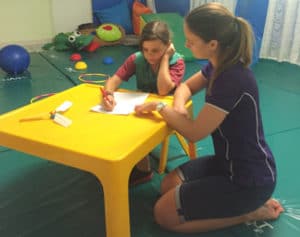
How Occupational Therapy in Darwin Can Help You
People are often confused about the difference between Occupational Therapy and Physical Therapy. There are a few cross overs in both fields where they both
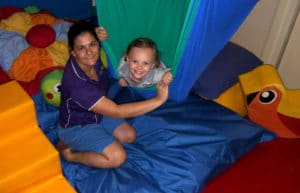
8 Traits of Great Occupational Therapists
Occupational therapy is designed to help patients who are suffering from illnesses or who are recovering from surgery, showing them ways to carry on living
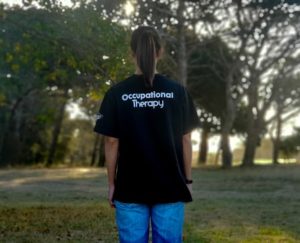
Do I Need Occupational Therapy?
An occupational therapist is there when you need assistance with a variety of different physical problems. You may begin your treatment as an inpatient, or
Our full range of services in Darwin & across the NT include:
Speech & Language Therapy
We provide a range of services to help recognise and treat speech delays and other issues for children and adolescents alike.
Occupational Therapy
- DIR Floortime
- Astronaut Program
- Alert Program
- Therapeutic Listening Program
- Brain Gym
- Sensory Integration Principles
- Aquatic Therapy
Psychology & Counselling
We have a team of trained psychologists who will help with everything from couples and relationship counselling, anxiety and depression to trauma and post traumatic stress.
Expressive Arts Psychotherapy
We’ll help your child through play therapy, which implements the use of play and toys to help children process and understand their world.
Speech & Language Therapy
We provide a range of services to help recognise and treat speech delays and other issues for children and adolescents alike.
Occupational Therapy Models
- DIR Floortime
- Astronaut Program
- Alert Program
- Therapeutic Listening Program
- Brain Gym
- Sensory Integration Principles
- Aquatic Therapy
Psychological Services
We have a team of trained psychologists who will help with everything from anxiety and depression to trauma and post traumatic stress.
Expressive Arts Psychotherapy
We’ll help your child through play therapy, which implements the use of play and toys to help children process and understand their world.
Workshops & Support Groups
- Hanen
- Key Word Signing
- 123 Magic and Emotion Coaching
- Circle of Security Parenting Program
- Meltdowns vs Behaviour
- Amazing Articulation
- Getting to know you
- Self-Care Skills and Building independence
- How to be a Playmate
- Mealtimes Matter
- Beyond Words
- Developing Language through Play
- Sensory Processing? What is it?








